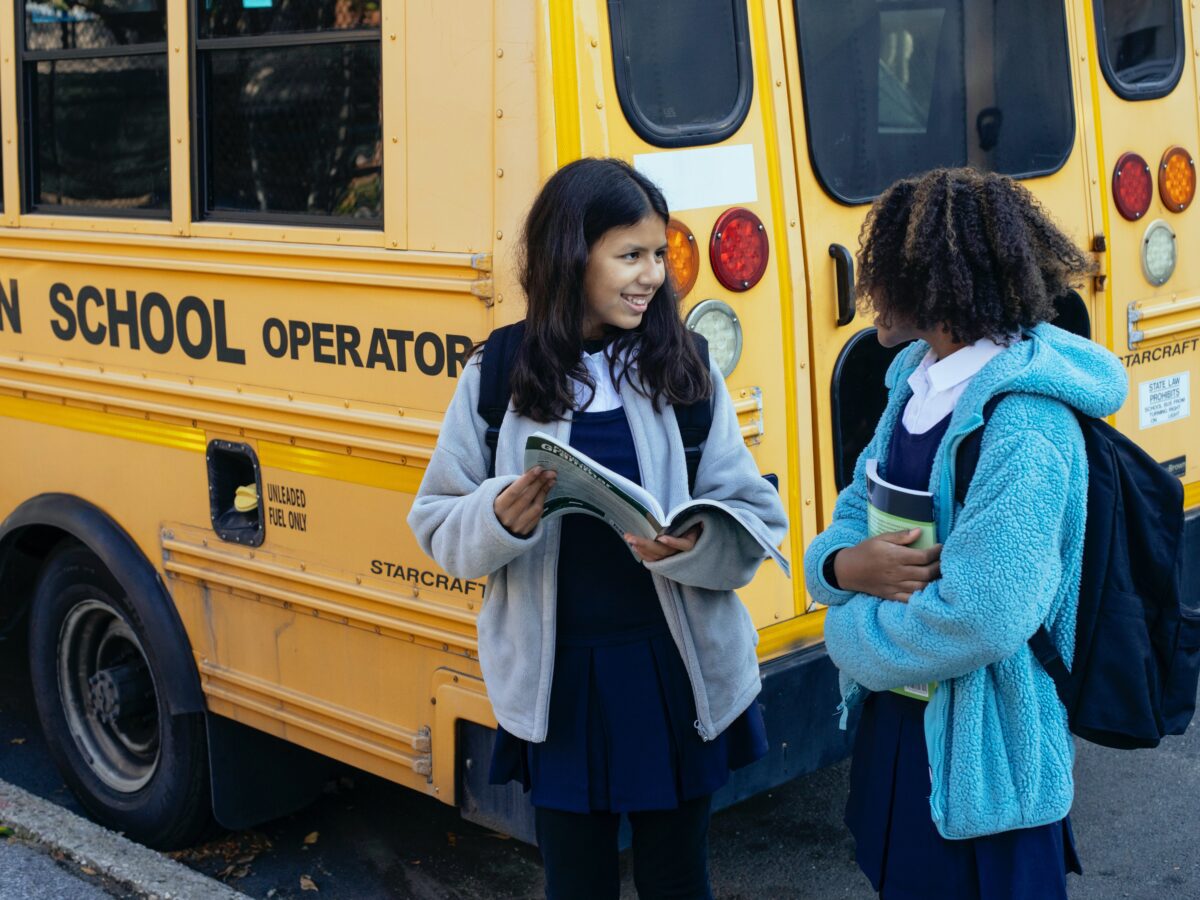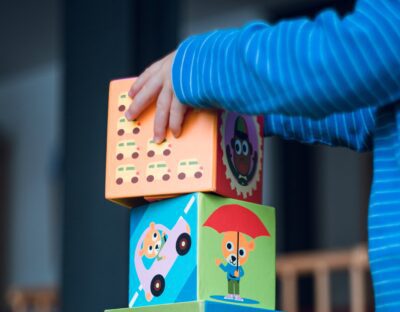

The idea of a loyal opposition has its roots in the United Kingdom of 200 years ago. In practice, the concept allows a minority political party freedom to dissent, criticize, and hold the majority party accountable.
A loyal opposition usually applies to the workings of Parliament, Congress, and legislative assemblies. The concept gives rise to such contemporary moments as the opposition party’s televised response to a president’s State of the Union and a governor’s State of the State.
Now, however, North Carolina has produced an uncommon twist to the concept in practice. With Republican lawmakers exercising their veto-proof majority in the General Assembly, Democratic Gov. Roy Cooper has stepped out as the principal voice of loyal opposition.
Of course, as governor, Cooper commands a virtual megaphone that Democratic lawmakers cannot match, even as they vote against Republican-sponsored legislation. On issues ranging from public subsidy of private school tuition to meager teacher pay raises, to abortion restrictions, to access to the ballot box, and to tax reduction that favors the affluent, Cooper has pushed back in speeches, in local and national media interviews, and in a rally between the Capitol and Legislative Building.
Since declaring a “state of emergency” for public education, the Democratic governor has visited classrooms across the state — and, more visibly to more people, he has appeared in campaign-style paid TV advertisements. It’s fair to ask: To what extent does a governor in loyal opposition mode matter?
After all, the Republican-majority voted promptly to override Cooper’s veto of the abortion law. House-Senate budget-writers have shown no inclination to come closer to the governor’s more expansive proposals on teacher pay and child care and early education. When the governor’s commission on UNC governance made recommendations for changes in the Board of Governors, the NC Tribune captured the political reality with its headline, “BOG idea DOA” — dead on arrival in the Republican-ruled legislature.
What’s more, Cooper will soon enter the final 18 months of his second four-year term. Even governors with their own party in legislative control have had to contend with a lame-duck period as political attention turns to the next elections for statewide offices and legislative seats. The date for party primaries to nominate candidates is March 5, 2024, with the general election on Nov. 5.
While laws and budgets have real-life impact on families, school children, educators, health providers, businesses and more, democracy marches on from election to election, influenced by contemporary conditions and powerful undercurrents. In North Carolina, partisanship has potency in this fractious moment when many voters cast their ballots for state offices in straight-ticket line with their Republican-red or Democratic-blue national party affiliation.
The Pew Research Center, a source of nonpartisan in-depth analysis of public opinion, has just published a paper summarizing the findings of several surveys on differences between Democrats and Republicans on education-related issues. “Today, the public is sharply divided along partisan lines on topics ranging from what should be taught in schools to how much influence parents should have over the curriculum,” says the Pew paper.
Pew found “broad similarities” in the mission statements of schools in Democratic and Republican areas concerning students’ future readiness, parent and community involvement, and a safe and healthy educational environment for students. And yet, the Pew findings show, “About seven-in-ten Democrats and Democratic-leaning independents (72%) said K-12 public schools were having a positive effect on the way things were going in the United States. About six-in-ten Republicans and GOP leaners (61%) said K-12 schools were having a negative effect.”
As findings on hyper-partisanship suggest, the concept of loyal opposition is under strain in the state and nation. The idea rests on underlying premises — sadly disregarded too much today — that political contests and policy debates take place between adversaries not enemies, and that opponents agree on facts even while differing in opinion.
By speaking out in loyal opposition, Cooper has taken on an unconventional role for a North Carolina governor. As he places public education at the center of his public pushback against the Republican legislative majority, the Democratic governor may well suffer defeats now, but he gives voice to alternative choices in the give-and-take of democracy in 2024 and beyond.


